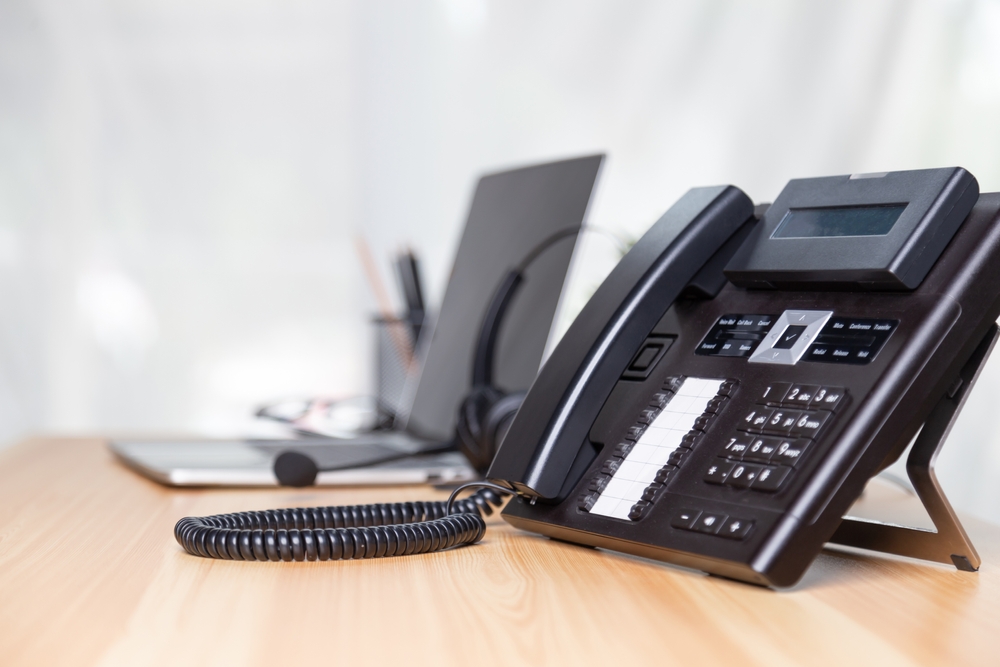There are a few different types of business phone systems to choose from, and the best one for your company will depend on a few factors. Here we'll explore three of the most common types: KSU, PBX, and VoIP. We'll also look at some of the benefits and drawbacks of each system, as well as how to choose the right one for your business. Finally, we'll mention some offers that our readers can take advantage of when they switch to a new phone system.
Types of Business Phone Systems
Business phone systems come in a variety of shapes and sizes to fit businesses' various needs. The three most common types of business phone systems are KSU, PBX, and VoIP.
-
KSU, or key system units, are the simplest type of business phone system. They are best suited for small businesses with fewer than 10 employees. KSU systems have a central control unit that connects all the phones in the office. Calls can be made internally between extensions, and externally to outside lines.
-
PBX, or private branch exchange systems, are more complex than KSU systems. They are best suited for businesses with more than 10 employees. PBX systems have a central control unit that connects all the phones in the office, as well as a number of outside lines. Calls can be made internally between extensions, and externally to outside lines.
-
VoIP, or Voice over Internet Protocol, is the most advanced type of business phone system. VoIP systems use the internet to make and receive calls. VoIP systems are best suited for businesses with more than 10 employees. Calls can be made internally between extensions, and externally to outside lines.
How to Choose the Best Phone Systems for Your Business
When choosing a business phone system, there are a few factors you should keep in mind.
-
First, consider the size of your company. If you have fewer than 10 employees, a KSU system will be sufficient. If you have more than 10 employees, you will need a more advanced system like PBX or VoIP.
-
Second, consider your budget. Business phone systems can be expensive, so you'll want to make sure you choose a system that fits your budget.
-
Third, consider your needs. What features do you need in a business phone system? Do you need conference calling? Do you need voicemail? Make sure to choose a system that has the features you need.
-
Finally, consider your future needs. As your business grows, you will need a more advanced system. Choose a system that can grow with your business.
The Cost of Business Phone Systems
Business phone systems can be expensive. The cost of the system depends on the type of system, the features you need, and the number of phones you need. KSU systems start at around $500, while PBX and VoIP systems can cost several thousand dollars.
There are a few ways to save money on business phone systems. First, look for discounts such as "Customers Save 30% On Average When They Switch." Many providers offer discounts for businesses that switch to their service. Second, bundle your services. Many providers offer discounts when you bundle your business phone system with other services, such as internet or television. Third, negotiate; sometimes you can get a free quote or ask if there is a free trial available When you're ready to sign a contract, be sure to negotiate for the best possible price.